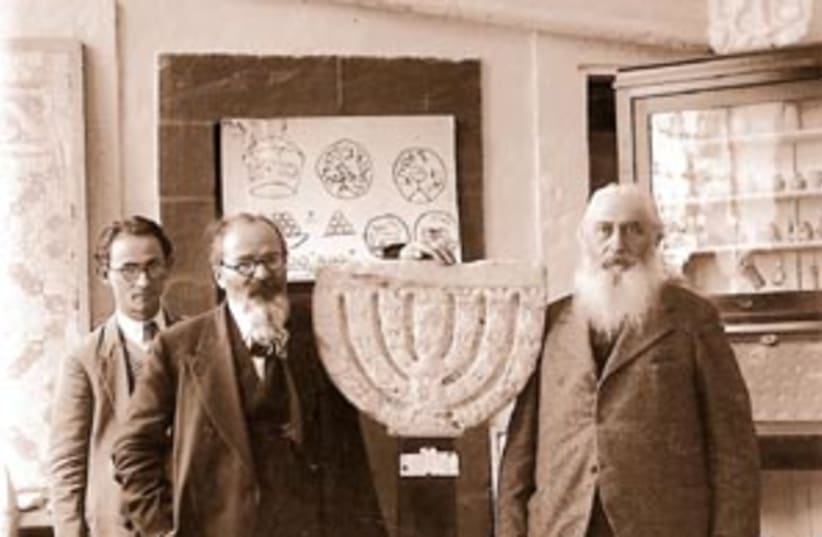| More about: | Sofia, Theodor Herzl, Moshe Katsav, Ehud Olmert |
Bezalel Academy of Arts celebrates 100 years of excellence
The exhibit will open to the public on Jan. 5 and will feature paintings and sculpture by Schatz.


| More about: | Sofia, Theodor Herzl, Moshe Katsav, Ehud Olmert |